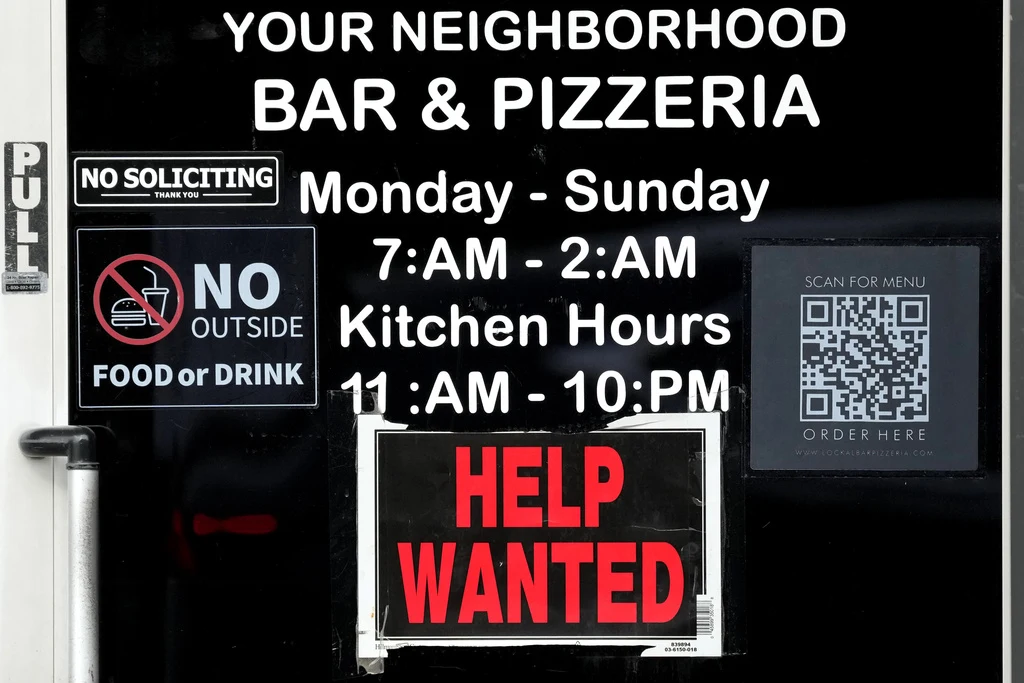Verizon reports that accidental cuts from third-party companies or homeowners doing construction damage thousands of the company’s fiber internet lines. Verizon techs can resolve some of these incidents in as little as a few hours, but some issues can last as long as several days.
In both instances, the resulting internet outages can mean lost income for businesses and individuals working from home, not to mention simple frustration for everyone else.
Also: The best mesh Wi-Fi routers: Expert recommended
On Wednesday, Verizon announced how it plans to combat this: using artificial intelligence (AI)-powered technology. Instead of being reactive to cuts when they happen, the company aims to be proactive to prevent them from happening at all.
811’s “Call Before You Dig” is a national program aimed at helping companies and homeowners know where important lines are. When you call the program and tell them the address where you intend to dig, workers will come to the property within three to 12 working days and spray paint or flag line locations.
Verizon is combining that system with its own AI technology to identify potentially problematic requests, reducing a possible several hundred cuts each year. Here’s how it works.
The 811 system receives more than 10 million dig requests each year. These can be hard to wade through manually, and people sometimes get impatient and dig before workers can mark lines or simply do not pay careful attention to markings. Verizon’s technology uses both historical and current activity as well as the excavator’s activity on site to predict when a line is in danger of being cut.
Also: Verizon users may get space-based broadband connectivity later this year
In short, if a company has a history of cutting lines or a location has had lines cut before, the system will give Verizon a heads-up and take extra steps to communicate with the excavating parties.
If you’re planning to dig, Julie Slattery, Senior Vice President of Core Engineering and Operations at Verizon, says to make sure you call 811 first. “It’s the easiest step toward reducing the chance of damaging underground fiber and helping to keep our customers and first responders connected,” she noted in the announcement.







